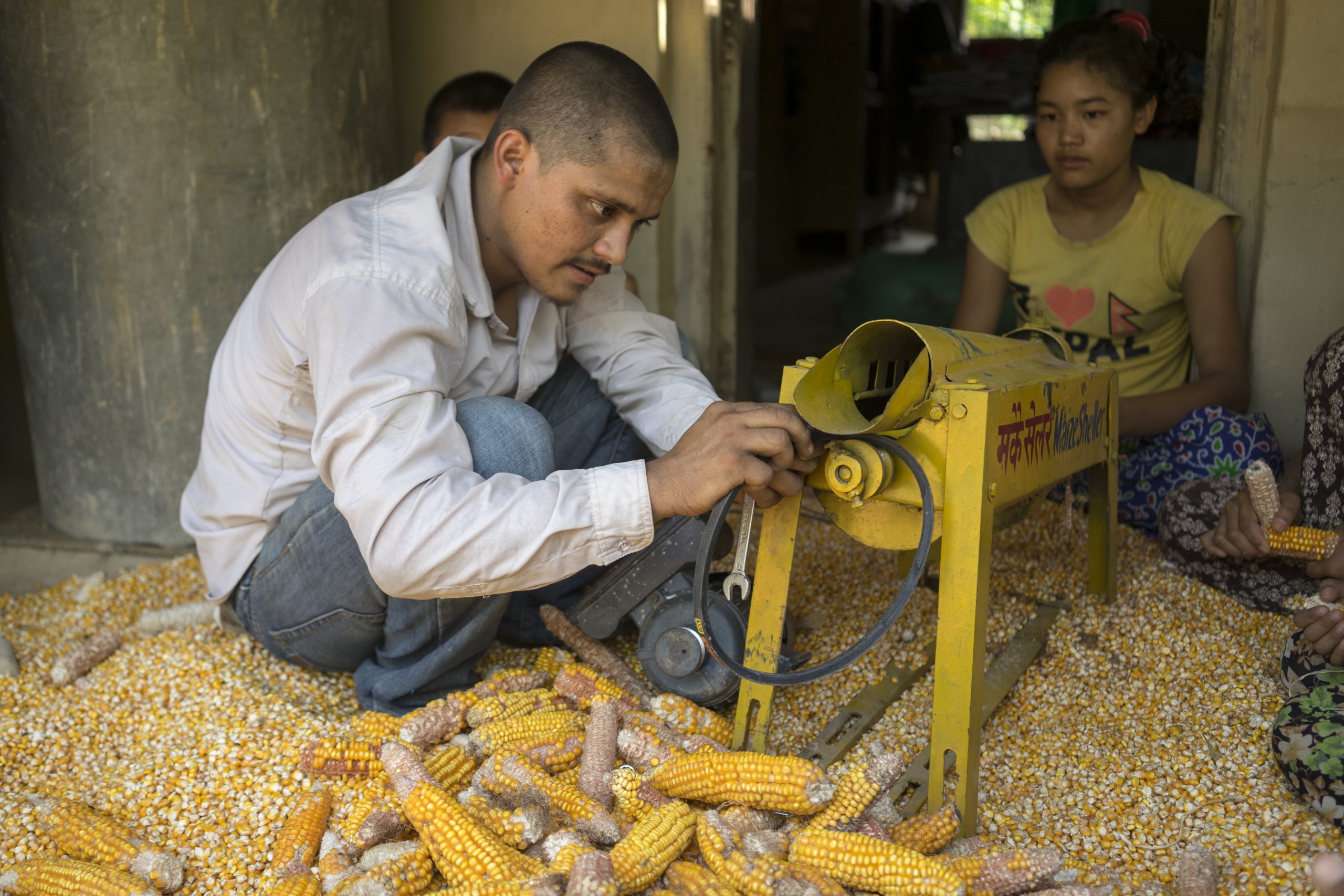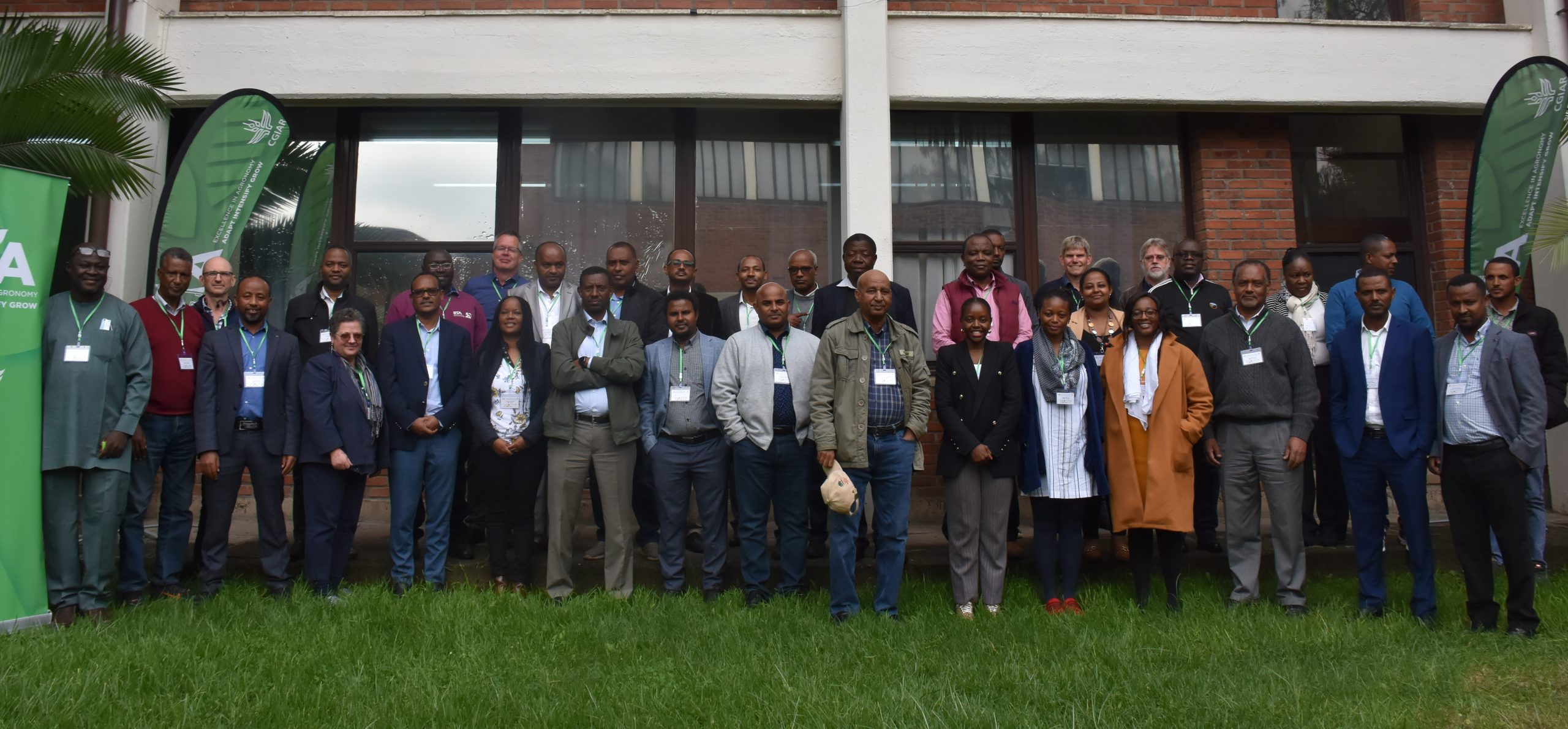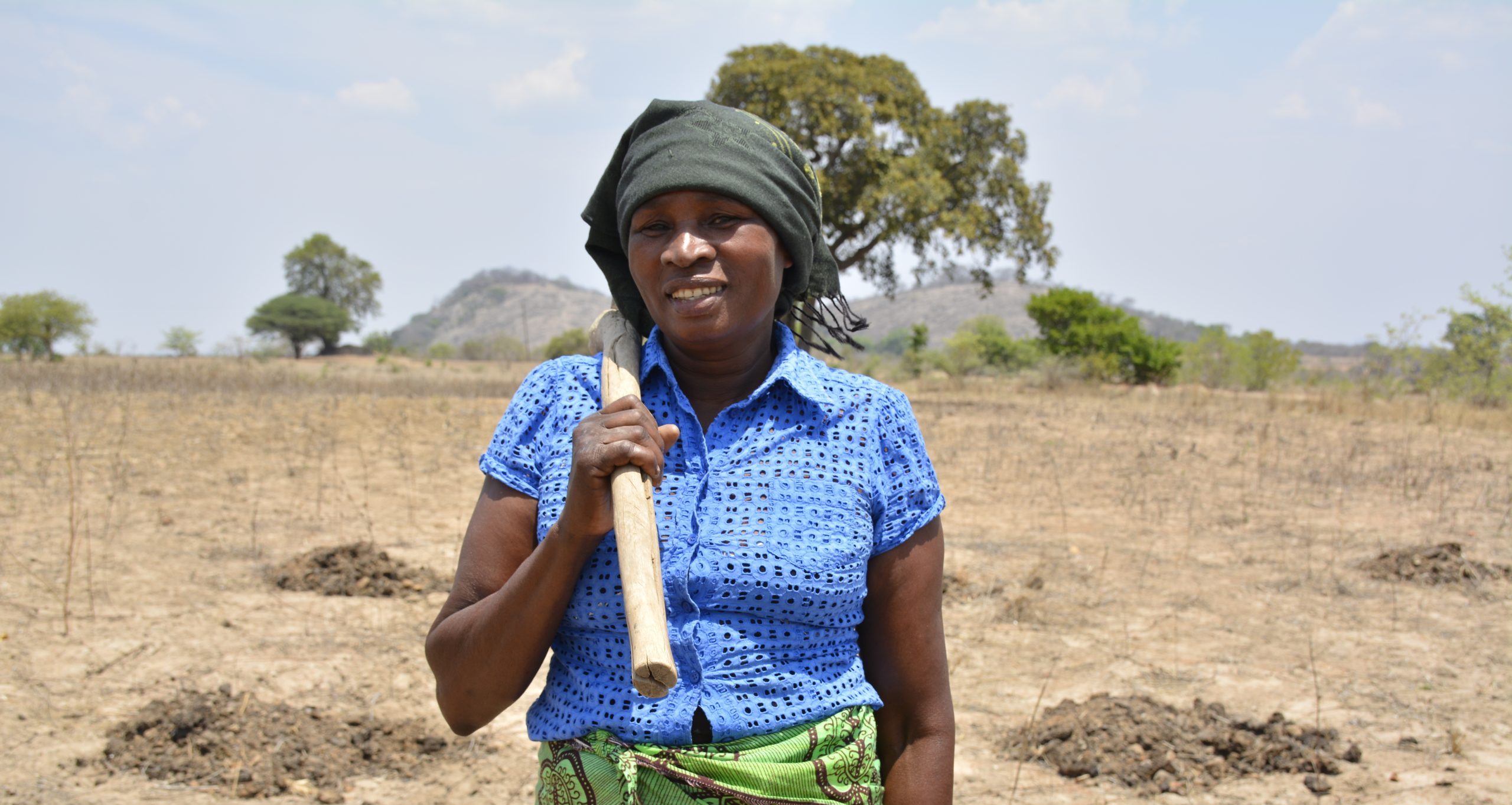
The adoption of climate-smart agricultural production processes and technologies is a vital strategy in attempts to mitigate the global impacts of climate change without compromising on food security. However, supporting farmers to permanently implement new technologies and approaches requires a deep understanding of their needs, robust training, and effective transfer of knowledge.
At the International Maize and Wheat Improvement Center (CIMMYT), projects across the Global South aim to embed agrifood systems that are sustainable for all.
To share how CIMMYT empowers farmers and develops new technologies, Director General Bram Govaerts attended a panel event hosted by the Business Council for International Understanding (BICU) on September 19. For an audience of foreign government officials, multilaterals, and private sector executives, panelists introduced new perspectives to support global food security efforts and inspire greater collaboration.
Partnership approach
Panelists were asked to explain the technologies that can be unlocked by agricultural financial mechanisms, referencing how research and development is keeping pace with the quick adaptations needed by farmers to address climate change.
Examples from CIMMYT’s participation in the AgriLAC Resiliente CGIAR Initiative, a project for sustainable agricultural development in Latin America and the Caribbean, highlighted the innovative partnerships that are pushing forward research and development in the sector, enabling food systems and actors to act quickly to meet food security needs, mitigate climate hazards, stabilize communities and reduce forced migration.
Scientists are conscious of ensuring that solutions to one challenge are not the cause of new problems elsewhere; co-development is essential to this, ensuring the views of all actors are represented. Using the Integrated Agri-food System Initiative (IASI) methodology, created by CIMMYT in partnership with the Alliance of Bioversity International and the International Center for Tropical Agriculture (CIAT), projects can develop strategies and actions with a significant likelihood of supportive public and private investment that will transform food systems.
Expertise from farmers
Even the best agricultural technology in the world is only effective if it is used. When discussing barriers to the implementation of technology, Govaerts emphasized CIMMYT’s mechanization prototyping, co-creation, and experimentation work that bridges the gap between farmers and scientists and encourages adoption of new methods and tools.
Having farming influencers onboard has proved priceless, as these people co-create prototypes and experiments that demonstrate results and offer assured testimony to reluctant stakeholders.
Innovations can transform livelihoods, giving farmers a way to increase income and provide stability and better opportunities for their families – which is the most appealing reason for adoption.
Training programs are also fundamental, ensuring skills and knowledge around new technologies are freely available to farmers, technicians, and researchers. CIMMYT projects such as MasAgro in Mexico, has trained more than 3,000 producers and 400 technicians in sustainable agriculture, with more than 70,000 producers participating in educational events during the pandemic.
Hunger and climate change – a dual problem?
Conversation also centered on whether the development of new technologies is aiming to confront world hunger and climate change as separate issues, or whether solutions can be suitable for both challenges.
Essential actions to mitigate the food crisis require a global perspective, acknowledging that unexpected crises will always arise. For example, Russia and Ukraine account for 28% of the world’s wheat exports, so high prices are linked to supply chain disruption. More than 2.5 billion people worldwide consume wheat-based products, so the effects of these disruptions could mean significant hunger and potential civil unrest. Nations already in crisis, such as Yemen, Sudan and Ethiopia, may be worse hit, but other countries with high dependency on imports like Egypt are also affected.
Govaerts highlighted the inextricable links between the causes of food insecurity and climate change. He underscored CIMMYT’s holistic approach to overcoming widespread impacts on the global food system, such as the concurrent challenges of COVID-19, climate change and the Ukraine crisis, by co-developing lasting solutions incorporating these three elements:
- Extensive research on climate change adaptation and mitigation in maize and wheat-based production systems across Africa, Asia, and Latin America.
- Climate focused research aims to help smallholder farmers adapt to climate shocks and to raise and maintain yields profitably and sustainably by reducing greenhouse gas emissions.
- Capacity building for stakeholders in the development and application of new technologies.
Many other deep disruptions are on their way. It is time to invest in science, research, innovation, technologies, and start practicing teamwork to allow those investments to translate into a better future for the planet, and for us.
About BICU:
BICU is a leading business-supported non-profit education initiative, established by President Eisenhower of the United States in 1955 for the purpose of facilitating public-private partnerships and high-level business to government dialogue.

 Climate adaptation and mitigation
Climate adaptation and mitigation 